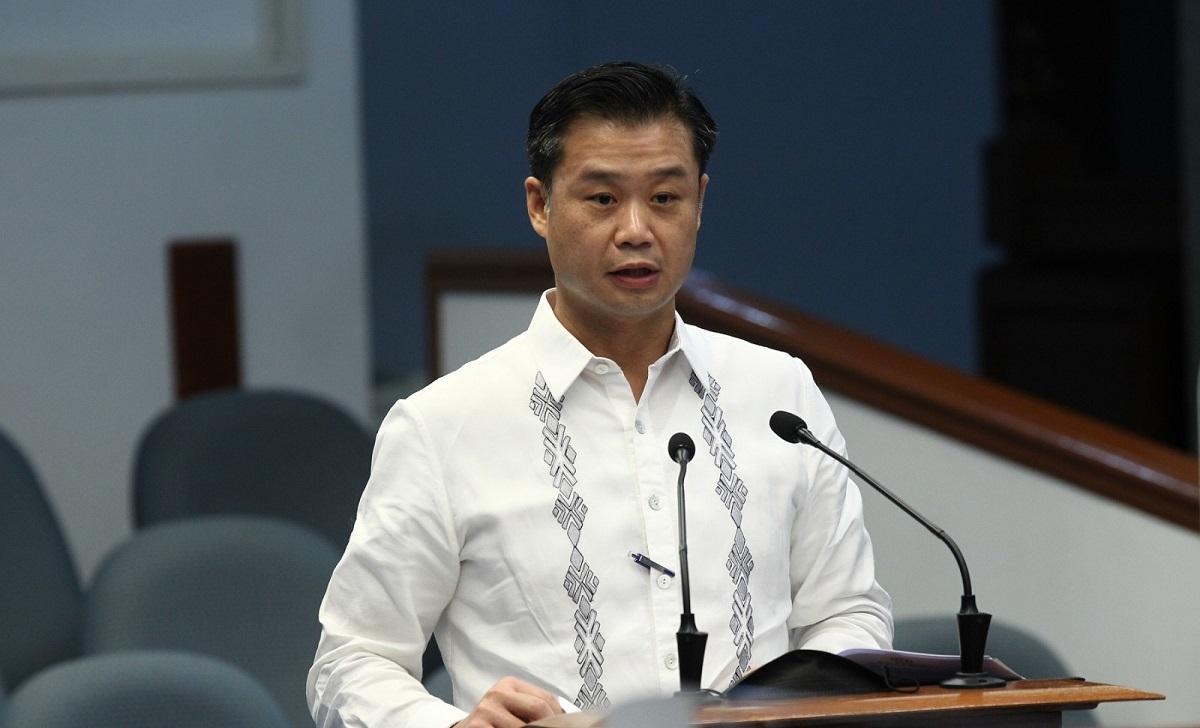Gatchalian: K-12 promises unfulfilled, ‘about time’ for review

For Senator Sherwin Gatchalian, it is "about time" to review the K-12 program, saying that its promises of employment after graduation are not fulfilled.
"It's about time because the promises of K to 12 have never been fulfilled and one of the most important promises is for our senior high school [students] to land a job after graduation," Gatchalian, chairman of the Senate basic education committee, said in an interview with reporters on Wednesday.
He said the original intention of K-12 was not fulfilled because the skills of the graduates are not in line with what industries need, with graduates found wanting on many fronts.
"We need to review it because marami tayong pamilya na masakit sa kanila na nagdagdag tayo two years pero hindi naman nakakapagtrabaho ang kanilang mga anak. So again this is a fundamental problem that we should look at," Gatchalian said.
(We need to review it because a lot of families had to deal with the additional two years in the education system yet their children are not ready for employment after graduating. So again, this is a fundamental problem that we should look at.)
However, he emphasized that the basic education curriculum should not go back to the 10-year program, as it is not in line with global standards.
Further, the senator noted that the creation of the Second Congressional Commission on Education (EDCOM II) is in line with the K to 12 review.
This commission's focus is to "look at the quality of education and performance of learners."
It will also assess the quality of teachers, the basic education curriculum in place, as well as the learning environment of students, considering that there are cases of bullying and other mental health issues among learners.
Gatchalian said the recent Program for International Student Assessment (PISA) results had led to the creation of the EDCOM II and this assessment showed that K to 12 is "not fulfilling its promise."
The Senate basic education chairman said that the EDCOM II will conduct a three-year review of the education system in the country but its members will propose some solutions along the way.
In 2019, the Philippines performed the poorest out of 79 countries in a reading literacy assessment conducted by the inter-government group Organization for Economic Co-operation and Development (OECD).
In 2018, the OECD administered a two-hour Program for International Student Assessment (PISA) exam to 600,000 15-year-old students around the world.
PISA results showed that Filipino students scored a mean of 340 points in the reading comprehension exam, which falls way below the OECD average of 487 points. — BM, GMA News

Need a wellness break? Sign up for The Boost!
Stay up-to-date with the latest health and wellness reads.
Please enter a valid email address
Your email is safe with us






